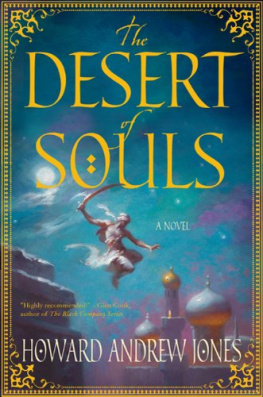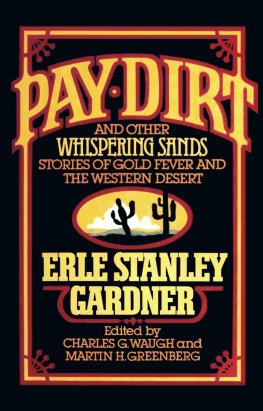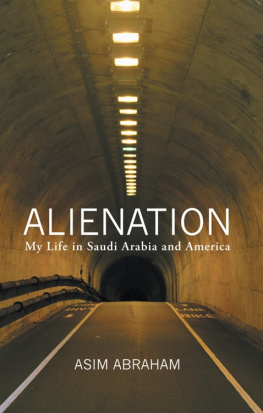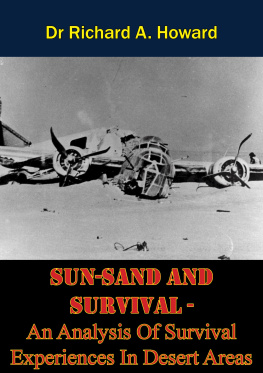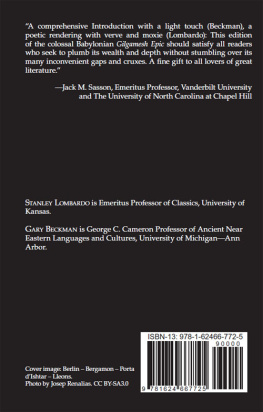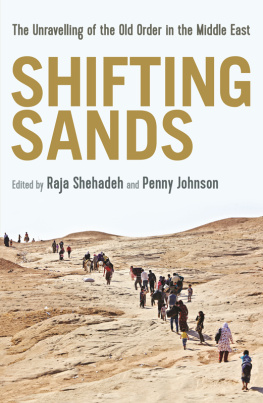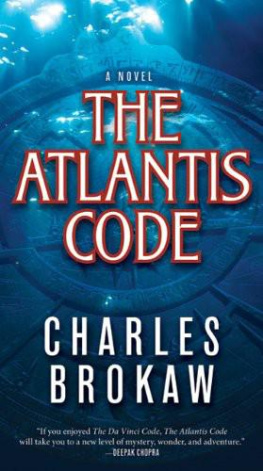
To two great ladies:
For my mother, Shirley Jones, who first guided me to The Shire and Riverworld, helped kindle my imagination, and always believed in my storytelling.
For my best friend and muse, Shannon, who brought unflagging energy and a razor-sharp intellect to help breathe these characters and their world to life.
Acknowledgments
This book would not have been possible without aid from a talented team of readers and advisers, among them Ahmed Khan, Eric Knight, Bob Mecoy, and Scott Oden. Wise sages John C. Hocking and John ONeill rode in with support and sharp swords for cutting Gordian plot knots. Editor Pete Wolverton leapt into the fray with his own fine sword, urging me on through dark valleys while steadfastly guarding my back. I thank you all.
Contents
The parrot lay on the floor of his cage, one claw thrust stiffly toward the tiny wooden swing suspended above him. The black olive clenched in his beak was the definitive sign that Pago was a corpse, for while he had fooled us all by playing dead in the past, he had never failed to consume an olive. To be sure, I nudged the cage. It shook, the swing wobbled, and the bird slid minutely but did not move a single feather of his own accord.
He is dead, Jaffar said simply behind me; simply, but with the weight of the universe hung upon the final word.
I turned to my master, who sat with his back to me upon the stone bench of his courtyard. The second-story balcony, from which the cage hung, draped Jaffar in shadow. Beyond him, sunlight played in the rippling water that danced from a fountain. Flowers blossomed upon the courtyard plants and wild birds warbled gaily. Another parrot, in a cage upon the far wall, even called out that it was time for a treat, as he was wont to do. But my master paid no heed to any of this.
I stepped into the sunlight so that I might face him. Upon another bench, nearby, the poet Hamil sat with stylus and paper. There was no love in the look he bestowed me, and he returned to his scribblings with the air of a showman.
Master, I said, I am sorry. I, too, was fond of Pago.
Who could not be? Jaffar asked wearily. He was but a few years younger than my twenty-five, but due to time indoors looked younger still, no matter his full beard. His face was wan, from a winter illness that had also shed some of his plumpness.
He was the brightest bird here, Jaffar continued in that same miserable tone.
Brighter than many in your employ, Hamil said without looking up.
Too true, Jaffar agreed.
Is there some way that I can help, Master? I was the captain of Jaffars guard and sometimes his confidant; the matter of bird death, however, was outside the field of my knowledge, and I did not understand why he had summoned me. It is true that I had found Pago entertaining, for in addition to playing dead, he could mimic the master and his chief eunuch, and even sometimes answered the call to prayer by bowing thrice. He did this only when it pleased him to do so, which, as my nephew Mahmoud once noted, was far too much like many men he knew. Also Pago had once perched upon the poets chest when Hamil had passed out from consuming the fruit of the grape, and pinched his long thin nose heartily. That had pleased me so that I brought Pago the choicest of olives whenever I knew I would pass by his cage.
Do you suspect he has been killed? Jaffar asked.
I blinked. It had not occurred to me.
The master lay ill for weeks, Hamil said with the patient air of one explaining to a simpleton. Might it be that someone, in failing to poison him, poisoned one of his most cherished companions?
It may be, I replied, wishing that someone had, instead, poisoned the poet, but the hakim did not believe the master to have been poisoned.
The hakim has declined to examine Pago, Jaffar said, saying that he is no expert on birds.
I shall look at him, I said. But, Excellency, if I may be so bold, Pago was your fathers before he became yours. He lived a fine, long span of years. It may be that his fate was writ.
The master did not answer. I stepped back to the cage containing the rigid parrot, uncertain about what I was expected to see, but fully determined to ape the manner of someone looking with full concentration upon a weighty matter. It occurred to me then that the olive might be poisoned, and so I opened the cage. Pago, dead, was no easier to part from an olive than when hed been alive, and that tiny beak resisted my attempts to pry it open. I resorted to sawing the olive back and forth until Id worked it free. I stepped into the sunlight, the fruit between thumb and forefinger. There was nothing obviously wrong with the olive save the shredding it had endured at my hand. I see no sign of poison, Master.
Jaffar sighed. I did not think there would be.
He is but a captain, Master, not an expert of poisons, or birds. Perhaps a specialist should be called. Hamil seemed determined to make much of this occurrence.
Perhaps, I said. Why dont you go fetch one?
I, the poet said, brandishing his stylus, am composing a memoriam for Pago.
It was all a bit much, what with the self-important poet and my morbid master, and the parrots last meal held tightly between my thumb and forefinger, and I chuckled.
The poets head snapped up. Jaffar fixed me with his own eyes, his brow knitted. The very air was charged then with tension; Jaffar was a kind master, it was true, but he was one of the three most important men in Baghdad and only a fool would mock him to his face.
He laughs! said Hamil, and mixed in with his incredulity was a note of pleasure. A stunned smile spread across almost the whole of his narrow face.
I laugh, I said, because an excellent idea has come to me. I do not know who inspired such a fine lie, but it gave them pause, and at that moment I would have thanked hell-bound Iblis himself if he were responsible.
What sort of an idea? the poet prodded, with all the manner of a cat playing with prey.
I am not sure, I said, bowing slightly to my master and thinking rapidly, that it is appropriate to discuss at this time.
No, please, Asim, Jaffar said. By all that was holy, I had gained his interest, and I had no idea whatsoever what I might say. What is your idea?
A diversion, I managed, thinking as I spoke.
The master raised his hand dismissively. No poem or pageantry would wash this sorrow from my soul.
Of course, I said, a desperate inkling taking shape, no ordinary diversion would help. Only a truly unique experience would gladden your wounded heart.
I await astonishment, the poet said quietly, setting down his stylus, and will be astonished if it arrives.
When last the caliph visited, did he not regale you with a fine tale? I asked.
Jaffar bowed his head in assent. Yes.
He and his comrades dressed in common attire so that they would not be recognized, and walked the streets. The caliph had said he would have invited Jaffar, had he not lain ill, and, recognizing the disappointment upon my masters face, told him he hoped Jaffar would join him on some similar venture in the future. The master had mentioned the incident regretfully a number of times since.
Jaffar shook his head. Yes, but the caliph hunts this week. I cannot venture forth with him.
I had not forgotten, Master. It is my idea that you venture forth with comrades of your own, so that you might have an adventure to share with the caliph upon his return.
Jaffar did not brighten, exactly; his head rose and he ceased movement altogether. The little poet watched him for reaction, probably wondering whether he should mock or praise me, though he would certainly prefer the former. At the upturning of the masters lips, Hamil quickly said, I think you have something there, Asim. If you go on this mad enterprise, Master, I hope that you will allow me to accompany you, so that I may record all that transpires.
Next page
